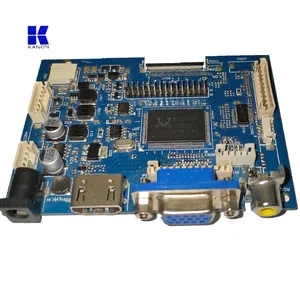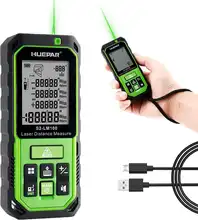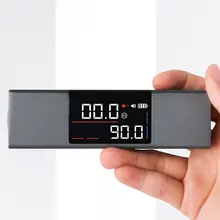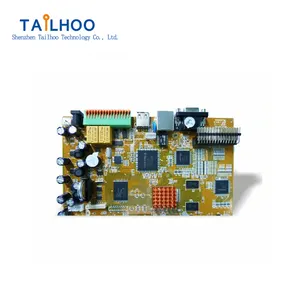Exploring the Versatility of Temperature Control Boards
Temperature control boards are integral components in managing and regulating temperature across various applications. These sophisticated devices serve as the command center for temperature monitoring systems, catering to a diverse range of environments and requirements.
Types and Applications
Industrial temperature controllers are designed to maintain a set temperature within an industrial environment, ensuring optimal conditions for machinery and process stability. Electronic temperature control units are commonly employed in laboratory settings, where precise temperature conditions are paramount. In commercial settings, such as food storage and retail, digital temperature controllers play a crucial role in preserving product integrity and safety.
Features and Materials
A temperature control panel typically boasts a user-friendly interface, allowing for easy adjustment and monitoring. The construction of these boards often involves robust materials capable of withstanding harsh industrial environments, ensuring longevity and reliability. Components like temperature sensors and solid state relays are integral to the functionality of these systems, providing accurate readings and responsive temperature adjustments.
Advantages of Advanced Temperature Control
The implementation of a temperature control circuit within a system offers numerous advantages. It enhances process efficiency by maintaining precise temperature conditions, reduces energy consumption through intelligent regulation, and minimizes the risk of equipment failure due to thermal variances. Furthermore, the use of a temperature regulator can significantly contribute to product quality control, especially in temperature-sensitive production processes.
Selection Considerations
When selecting a temperature control board, it is crucial to consider the specific needs of your application. Factors such as the range of temperature control, compatibility with existing systems, and the type of environment in which the board will operate are essential. Additionally, the board's response time and accuracy levels are critical attributes that can impact overall system performance.
Integration and Compatibility
Integrating a temperature control board into an existing system requires careful consideration of compatibility with other components. It is important to ensure that the board can communicate effectively with other devices, such as temperature monitoring software, to provide a cohesive and efficient temperature management solution.






























 浙公网安备 33010002000092号
浙公网安备 33010002000092号 浙B2-20120091-4
浙B2-20120091-4